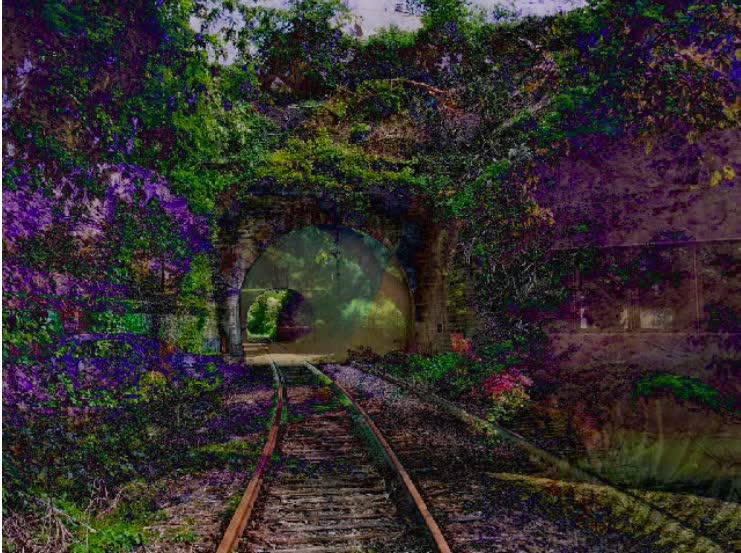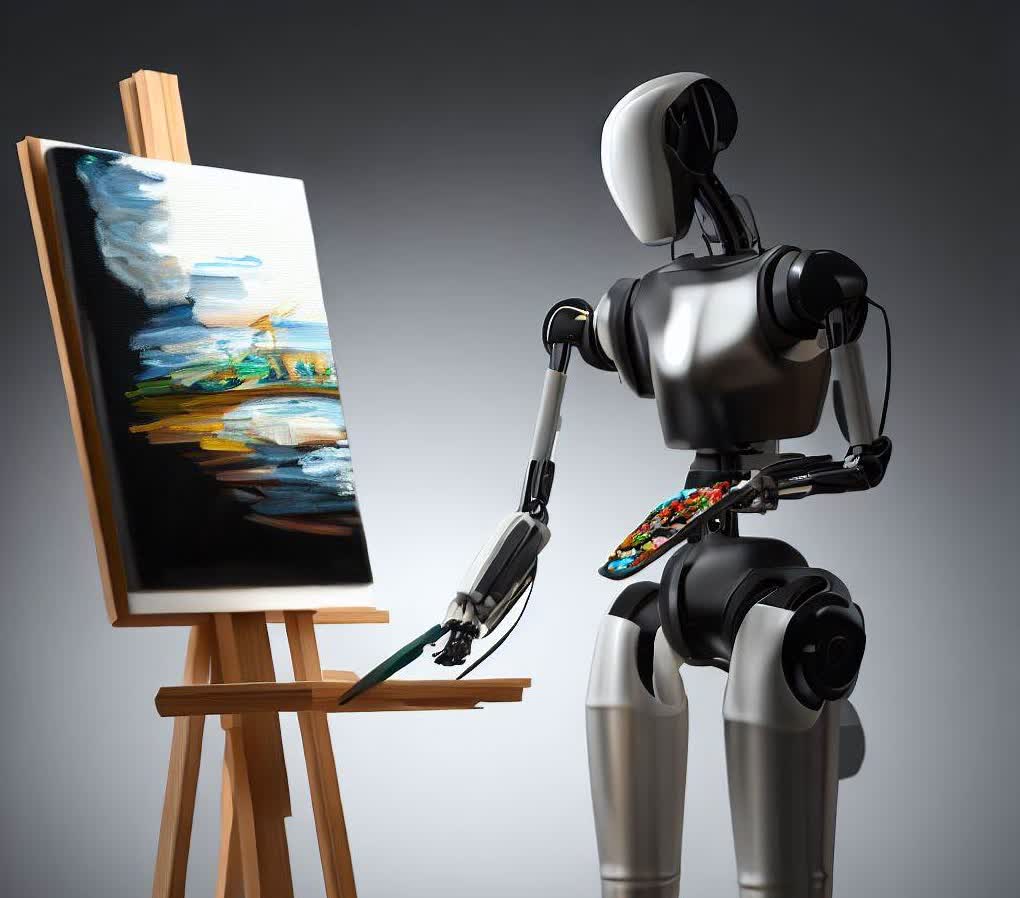A hot potato: One of the many hot-topic issues surrounding generative AI is whether artwork created by the technology can be copyrighted. Last week saw another judge rule that they cannot as "human authorship is an essential part of a valid copyright claim."
United States District Court Judge Beryl A. Howell upheld the finding by the US Copyright Office that a piece of AI-generated art cannot be copyrighted, writes the Hollywood Reporter. The agency had refused to grant a patent to Stephen Thaler, who wanted an AI-generated image he produced with the Creativity Machine algorithm copyrighted.
Thaler, CEO of neural network firm Imagination Engines, tried to copyright the image "as a work-for-hire to the owner of the Creativity Machine." Thaler wanted the AI acknowledged as the author of the piece and himself as the owner.
Thaler took the matter to court after the Office's latest rejection last year. He claimed its decision was "arbitrary, capricious, an abuse of discretion and not in accordance with the law" in violation of the Administrative Procedure Act.
Judge Howell said in her ruling that copyright law has never stretched so far as to protect "works generated by new forms of technology operating absent any guiding human hand," and that "human authorship is a bedrock requirement of copyright."
"In the absence of any human involvement in the creation of the work, the clear and straightforward answer is the one given by the Register: No," the judge wrote.

Thaler has spent years trying to copyright an artwork called A Recent Entrance to Paradise (above). He listed an AI system, the Creativity Machine, as the sole creator in 2018.
Judge Howell did admit that more artists using generative AI tools to create new pieces will create "challenging questions regarding how much human input is necessary" to copyright the material. She also noted how the models are trained on existing pieces.
In a statement, Thaler's lawyer said, "We disagree with the District Court's decision. In our view, copyright law is clear that the American public is the beneficiary of the law, and the public benefits when the generation and dissemination of works is encouraged, regardless of how the works are made. We do plan to appeal."
As per Mashable, the US Copyright Office published guidance in March that said it is open to granting protection and ownership to AI-generated content on a case-by-case basis. The rules essentially state that work created entirely by an AI system is not copyrightable, while anything created by a human with an AI's help could potentially be copyrightable.
Thaler has also tried to patent AI-created prototypes for a beverage holder and an emergency light beacon. The US Patent and Trademark Office rejected his request, leading to a separate lawsuit that was rejected by the Supreme Court.
In related news, a D&D artist faced a barrage of criticism earlier this month for using AI to aid with some images in an upcoming sourcebook.
